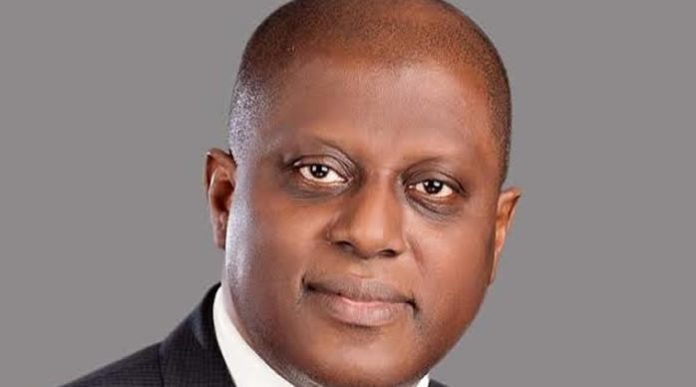The Central Bank of Nigeria (CBN) has attributed the nation’s worsening headline inflation to surging food prices and escalating energy costs.
This was disclosed by the CBN Governor, Mr. Yemi Cardoso, during the presentation of the communiqué from the 298th meeting of the Monetary Policy Committee (MPC) held in Abuja on Tuesday.
Speaking against the backdrop of renewed inflationary pressures, Mr. Cardoso highlighted that the headline, food, and core inflation metrics rose year-on-year in October, with a concerning month-on-month increase across all three measures.
“Price pressures persist, adversely impacting citizens’ income and welfare,” Mr. Cardoso noted. He stressed the MPC’s unanimous commitment to addressing inflationary trends, identifying food prices as a significant driver of the inflation uptick.
The committee commended ongoing efforts to improve security, particularly in Nigeria’s northeast, which it believes will bolster food production. However, the rising costs of energy, exacerbated by the recent hike in Premium Motor Spirit (PMS) prices, were highlighted as critical factors increasing the costs of production and distribution of goods.
Cardoso expressed optimism about the full deregulation of the downstream petroleum sector, projecting that it would stabilise prices and eliminate fuel scarcity in the short to medium term.
The MPC reiterated the need for deepened collaboration between monetary and fiscal authorities to achieve synchronised objectives of price stability and sustainable economic growth.
Additionally, Cardoso reported an improvement in Nigeria’s external sector, with an increase in the current account surplus, enhanced remittances, and capital inflows positively impacting external reserves. However, exchange rate pressures persist, driven by continued high demand in the foreign exchange market.
The committee urged the apex bank to explore measures to enhance market liquidity to address these challenges.
In a bid to curb inflation, the MPC raised the Monetary Policy Rate (MPR) by 25 basis points, setting it at 27.50 percent from 27.25 percent, while retaining other monetary policy parameters. These include the asymmetric corridor around the MPR at +500/-100 basis points, the Cash Reserve Ratio (CRR) for Deposit Money Banks at 50 percent and Merchant Banks at 16 percent, and the Liquidity Ratio at 30 percent.
The committee remains resolute in its efforts to stabilise the economy and mitigate the adverse effects of inflation on Nigerian households and businesses.













